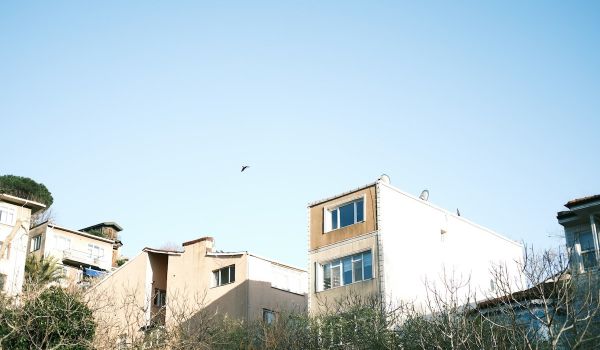Tanya Washington, a professor of law at Georgia State University, was at Atlanta City Hall late last Monday night. She was there that day as one of many who opposed the mayor’s plan to subsidize the redevelopment of “The Gulch,” a sunken, 40-acre morass of railway lines and surface parking lots in the heart of Atlanta. At 9:30 p.m., she and her kids drove to south Georgia where she would work as an election protection volunteer the next day.
“I was exhausted, but it was necessary,” Washington says. “Both things were necessary.”
The timing of the final vote — close to midnight the night before a contentious election for governor that is still undecided as of today — rubbed some advocates the wrong way, as many of the activists who were opposed to the Gulch project were also working to get out the vote.
The timing was a coincidence, a spokesperson for Atlanta Mayor Keisha Lance Bottoms says.
Washington became involved with the Redlight the Gulch campaign in September, and had immediate concerns about the procedural aspects of the proposal. Specifically, she was alarmed that Mayor Bottoms was asking the city council to approve the public subsidies so quickly after receiving details of the agreement with the developer.
“I’ve been teaching law for 17 years and still, a 600-page document full of legalese is intimidating,” Washington says. “You need more than three days to read it.”
Beyond procedure, Washington says that the deal is structured to benefit the developer far more than the public. The millions in tax increment financing benefits — they’re called Tax Allocation Districts in Georgia — would deprive the public school system of resources it would otherwise have over the next twenty years, she says. And the city, which owns part of the Gulch, is giving up land as well.
“My biggest issue is, we’re going to subsidize $1.5 billion worth of this project and we’re not going to own any of it,” Washington says.
It was late last year, in the waning days of former Mayor Kasim Reed’s final term, that details began leaking out about a plan to redevelop the Gulch.
The project is massive: Nine million square feet of office space, a million square feet of retail, 1,000 residential units and 1,500 hotel rooms, all propped up on a podium of parking garages and laid out on a grid of new streets that would be publicly accessible but privately owned. The proposal was a joint effort of Atlanta Hawks owner Tony Ressler and the L.A.-based real estate firm CIM Group, which was co-founded by Ressler’s brother, Richard. Early reports put the cost of the project at around $1 billion. But by late summer of 2018, the projected cost was set at $5 billion, and Mayor Bottoms had made the Gulch’s development a central effort of her first year in office.
In September, Bottoms announced the broad outlines of the proposal, which by then involved close to $2 billion in public financing, and said she expected city council to vote on the plan by the end of the month. She began publishing op-ed pieces urging Atlantans to “Greenlight the Gulch,” a slogan that was also the centerpiece of a campaign organized by the developers. Over the next two months, a coalition of housing and anti-displacement groups, urbanists, and transit advocates across the city began crying foul. At first, they just wanted the city to slow down and allow surrounding communities to negotiate with the developers. But later, as many began to determine that the deal was bad for Atlanta residents, and unlikely to get much better, they organized a campaign of their own, urging city council to Redlight the Gulch.
Late last Monday night, after ten hours of public testimony, the city council finally sided with the mayor, approving a package of tax incentives for the Gulch development by a narrow 8-6 majority. After amendments, the city’s portion of the cost adds up to around $1.9 billion in tax increment financing and a newly created Enterprise Zone that would capture future sales tax revenue from the redeveloped site. In exchange, the developer has promised to build at least 200 units of housing that’s affordable for households at 80 percent of area median income, and pay $28 million into an affordable housing trust fund, among other givebacks.
To many advocates, the deal is hopelessly lopsided in favor of the developers and signals a missed opportunity to develop more affordable housing, provide better transit access, and elevate community voices in the development process.
“The Gulch deal, from a lot of different angles is, to me, a hot mess,” says Taiza Troutman, a graduate student in urban studies at Georgia State University and former organizer with the group ATLisReady. “And it’s representative of all the intersections of issues that come with Atlanta development.”
For opponents, the drawbacks of the proposal are as expansive as its ambitions. As recently as 2012, plans were in the works to transform the Gulch into a transportation hub, with one study projecting that plan would create or attract more than 15,000 jobs and drastically reduce vehicle miles traveled on area highways. But despite a promise of fast-tracked funding from the Obama administration, the hub never got off the ground. As the Greenlight the Gulch campaign developed, some Atlantans complained that the current proposal is not just a bad deal on its own terms, but it also misuses one of the best opportunities to create better transit infrastructure in a city that is often choked by automobile traffic.
“A couple years ago this was supposed to be a multimodal passenger terminal, and we were excited about that because transit and transit equity is important,” says Deborah Scott, executive director of Georgia STAND-UP, a “thinktank for working communities” and one of the organizing members of the Redlight the Gulch coalition.
Scott says that advocates weren’t outright opposed to the project when Bottoms first announced it late in the summer. Instead, she says, they were hoping that residents of the surrounding neighborhoods would get a chance to negotiate a community benefits agreement with the developers before the project moved forward. As a candidate for mayor, Bottoms had said she was in favor of requiring legally binding community benefits agreements when public dollars were put to use for development projects. But opposition hardened as it became clear such an agreement wasn’t on the table.
“Look, it’s a hole in the ground — we want it to be something,” says Melonie Tharpe, a Redlight the Gulch organizer.
But the problems with the proposal go way beyond the lack of a community benefits agreement, Tharpe says. From many advocates’ point of view, the city’s gestures toward community engagement were superficial. One public meeting about the Gulch project in late September was described as “tightly controlled” in a local public radio report. And advocates say the Gulch proposal would have improved if it had gone through Atlanta’s formal Neighborhood Planning Unit process.
“Even if you’re not going to listen to [residents’] ideas, at least provide them a venue to get those ideas out there,” Tharpe says. “The city seems to have just rolled over and said, ‘Great, we’re so happy to have you. We will give you the keys to the kingdom.’”
A spokesperson for Mayor Bottoms noted that the public had a chance to weigh in at four separate city council meetings — no vote was held at the first three because the proposal didn’t have enough support to pass — and that Bottoms held a live-streamed public Q&A in September. There were also “numerous community meetings” in several city council districts about the project, the spokesperson said.
For Darin Givens, co-founder of the urbanist group ThreadATL, the prospect of privately owned streets patched into the street grid downtown is disturbing as well. Before last Monday’s city council vote, ThreadATL released a letter urging the council to vote “no” on the project, noting that private streets could mean a crackdown on public demonstrations.
“This part of downtown Atlanta is an area that has seen so many marches,” Givens says. “We participated in a couple of large marches, me and my family did, that went right past the Gulch … It just makes sense to me and to ThreadATL that any streets that go in here should honor that history of protest, that history of freedom in our public domain.”
One of the biggest concerns about the Gulch project is its impact on housing. Georgia STAND-UP’s Scott says that a major influx of luxury housing in that part of downtown Atlanta could raise property taxes in surrounding low-income communities, and there are no anti-displacement measures in place to mitigate that. And the affordable housing component of the proposal are meager, in many opponents’ eyes. In an independent review of the proposal, five local university professors and economic development professionals called the affordable housing giveback “the faintest of promises.”
Tim Franzen, an organizer with the Housing Justice League, says that the affordable housing component of the proposal is both too small and not affordable enough. With the amount of subsidy the city is providing, it should expect many more reduced-rate units, affordable to people at a range of incomes, Franzen says. Units that are affordable to people making 80 percent of area median income are still out of reach for many low-income Atlantans.
“We can no longer use the term affordable housing in these development footprints unless it’s actually meeting the neighborhood need, and the neighborhood need is not $1,200, one-bedroom units,” Franzen says. “This approach to development — and I’m not the only one that has this opinion — it’s what continues to thrust us forward in being the most unequal city in the country. This is another example of a mayor saying one thing on the campaign trail and then very swiftly after taking office doing something different.”
A spokesperson for Mayor Bottoms said that the mayor began negotiating the affordable housing component of the Gulch plan after taking office last January, and used the city’s recently adopted inclusionary zoning policy as a starting point.
“Mayor Bottoms then expanded those policies to increase the percentage of units and address affordable housing on a city-wide basis in the form of the $28,000,000 trust fund,” the spokesperson says.
It should also be noted that the developers have committed to using close to 40 percent minority and women-owned business for contracting, along with other components of the project listed as public benefits.
While they weren’t able to stop city council from approving the subsidies, some advocates see a silver lining. The project has brought a range of advocacy groups together in an “unlikely coalition,” says Deborah Scott, and they can point to concrete benefits of their efforts. After initial opposition to the proposal, Bottoms agreed to remove a ten-year extension of the tax allocation district, which advocates say will save the city and school district hundreds of millions of dollars.
And even though the project has been greenlit, opponents haven’t given up. Prior to the city council vote, the coalition sent a legal analysis to City Council President Felicia Moore suggesting that the project’s planned use of Enterprise Zone tax benefits ran afoul of the state constitution. Moore was unavailable for an interview, but said in a statement to Next City that she had reviewed the analysis, but was waiting for the city’s Law Department to weigh in before rendering an opinion of her own.
The “unlikely” coalition has set up a GoFundMe to cover the costs of a potential legal challenge. And they’re hopeful that the force of their opposition will make for a better process the next time around.
“I think that perhaps this sends a message to the mayor and council that people are not going to stand for business as usual, and that they need to adhere to a protocol that is more inclusive,” says Washington. “Not because they’re doing us a favor, but because it actually will be a better deal.”

Jared Brey is Next City's housing correspondent, based in Philadelphia. He is a former staff writer at Philadelphia magazine and PlanPhilly, and his work has appeared in Columbia Journalism Review, Landscape Architecture Magazine, U.S. News & World Report, Philadelphia Weekly, and other publications.
Follow Jared .(JavaScript must be enabled to view this email address)

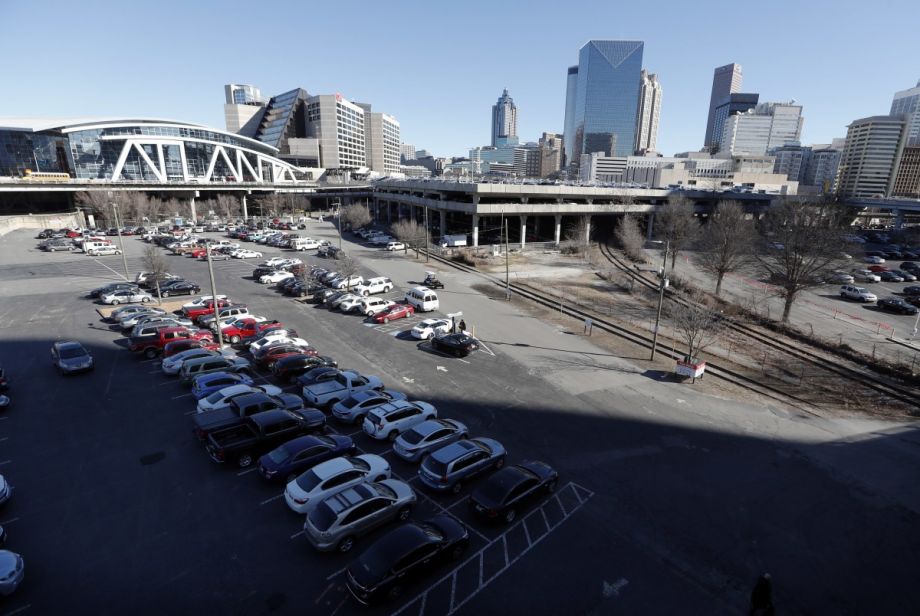
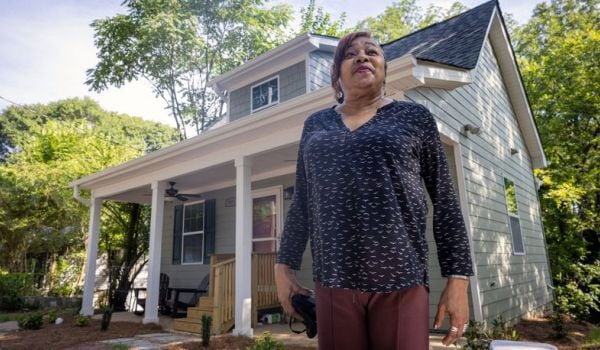
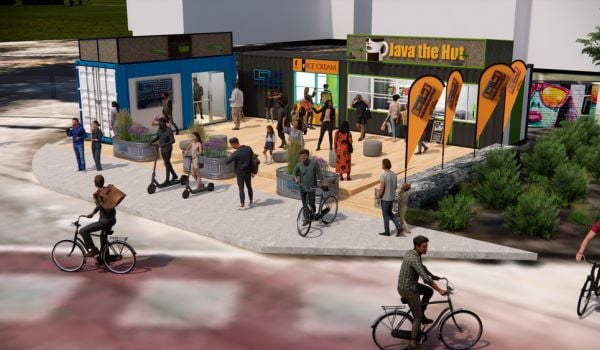

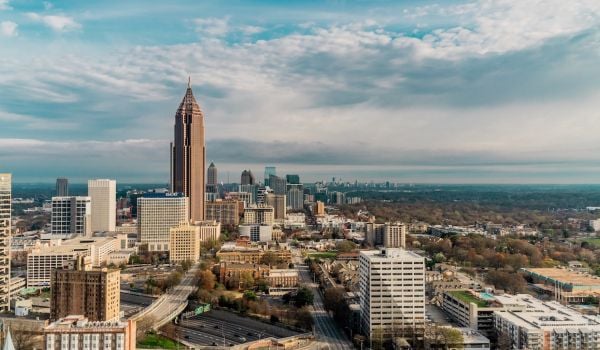


_(1)_600_350_80_s_c1.JPG)
